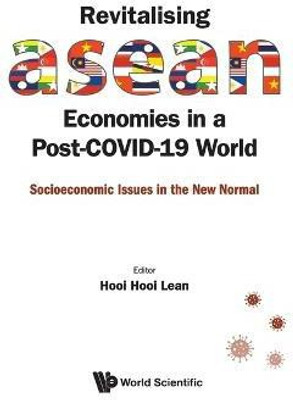Revitalising Asean Economies In A Post-covid-19 World: Socioeconomic Issues In The New Normal(English, Hardcover, unknown)
Quick Overview
Product Price Comparison
The novel coronavirus (COVID-19) pandemic was reported in China in December 2019, and later spread to other parts of the world. Countries in Southeast Asia were some of the first nations affected by the pandemic due to their geographical proximities and trade relations with China. In January 2020, the virus spread to some countries within the Association of Southeast Asian Nations (ASEAN). The number of confirmed cases kept increasing within ASEAN and other countries of the world. Consequently, countries in ASEAN introduced preventive and containment measures to cope with the pandemic, which include quarantines, lockdowns, restrictions of movements and large gatherings, as well as school and business closures.Beyond the efforts of preventing and containing the spread of the virus, ASEAN's most significant challenges are the social and economic crisis of historic proportions that are beginning to unfold. COVID-19 pandemic has brought interruptions in all sectors of ASEAN economies. It is, therefore, imperative to assess the extent to which the pandemic has impacted the social and economic aspects of the region. This book intends to highlight the social and economic impacts of the COVID-19 pandemic in ASEAN and suggest ways on how to mitigate them. It covers how the shocks from COVID-19 have impacted production, supply chains, demand, commodity prices, consumer behaviour, financial markets, employment, services, transportation and community, and the various policies that ASEAN authorities should put in place to mitigate the effects of the pandemic.


